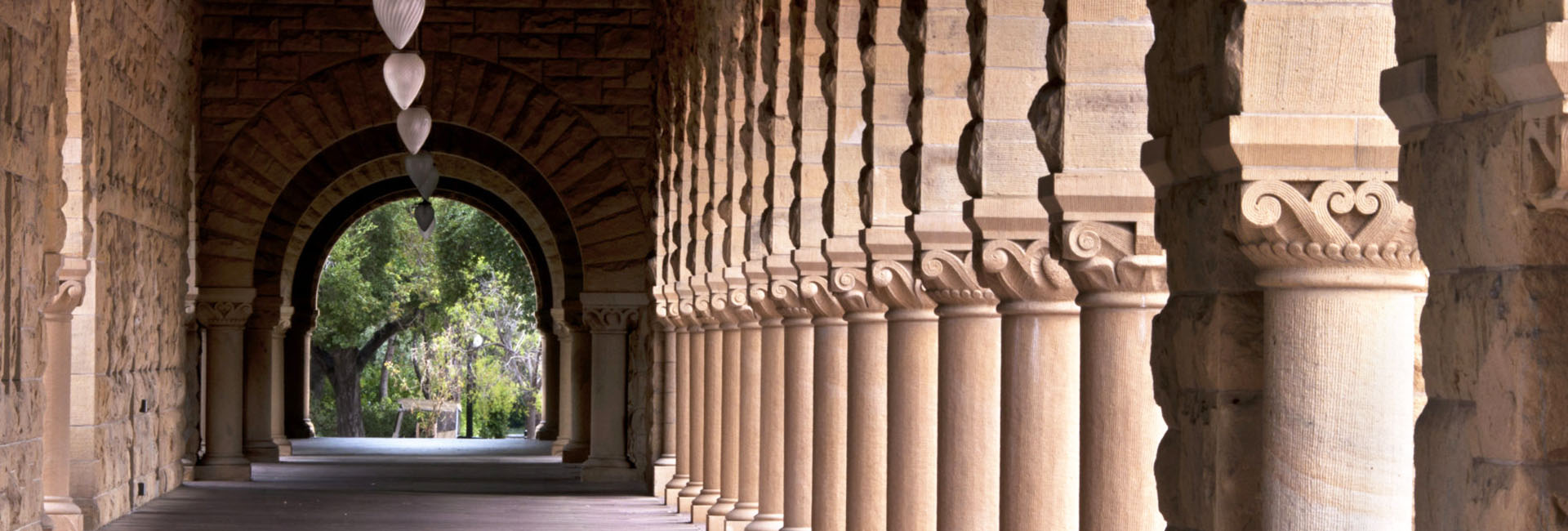Parnassus Preparatory School provides an excellent education through an academically rigorous curriculum. Our school day is structured around teacher-led direct instruction in the School of Grammar, lectures and the Socratic method of questioning and answering in the School of Logic, and through Harkness Table discussions in the School of Rhetoric.
At Parnassus, we believe in knowledge-centered education where the teacher is the leader of classroom instruction. You will not find cooperative learning centers or student pods in our classrooms or observe project-based, child-directed instruction taking place.
In the Schools of Grammar and Logic, desks face the front of the room. Our students stand when they answer or address teachers as a sign of respect as well as means toward training our young scholars to be comfortable in standing and speaking in front of others. In the School of Rhetoric, the Harkness Table method is the center of our instruction technique for most courses.
Classroom bookcases are filled with classics and other well-written literature and our classroom space is used to educate, not decorate. The following list provides an overview of what you will and will not see in a Parnassus classroom.
Classroom Appearance
![]()
- Scholarly setting
- Students seated at desks squared facing front in the Schools of Grammar and Logic
- Students seated around the “Harkness” style table for discussions in the School of Rhetoric in most courses
- Organized, uncluttered room free from distractions
- Visuals related to curriculum only
- Students’ curriculum-based work exhibited
- Students teaching their peers
- Students working on the floor with improper body posture and increased distraction
- Students seated at tables during instruction facing many directions
- Students needing to adjust their bodies to face the front
- Student work displayed that is not related to the curriculum or is categorized as “cute”
- Busy knick-knacks
- Holiday decorations
Classroom Discipline and Expectations
![]()
- Successful discipline system in action
- Clear expectations set forth
- Students exhibit respect addressing others Mr./Ms., Magister/Magistra, Sir, Madame, et cetera
- Students stand tall every time they address the teacher
- Students stand tall when participating in curriculum-related exercises such as disputation/debate, discussions, mock trials
- High-expectations in every aspect of the school
- Homework supports the curriculum and reinforces the concepts that are taught
- Discipline system not respected or successful
- Unclear expectations
- Students address authority “dude” “bro” “Mr. D.” et cetera
- Students lounging in their chairs
- Low expectations; “they are just kids” type of attitude
- Homework is limited, non-existent, or busy work

